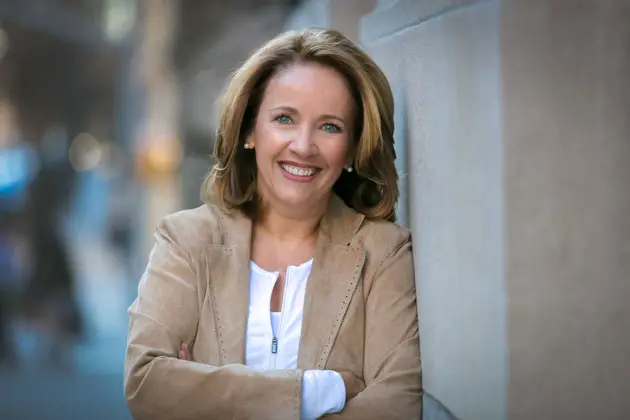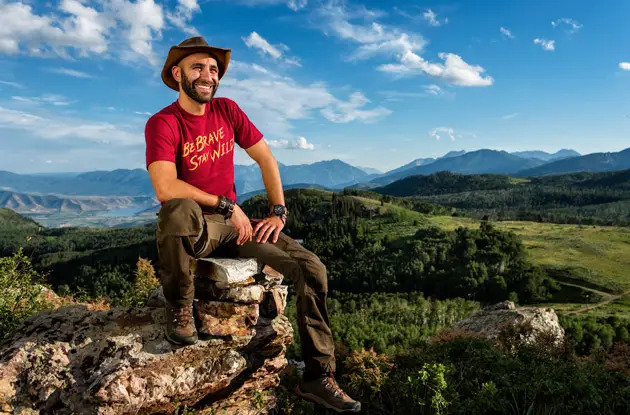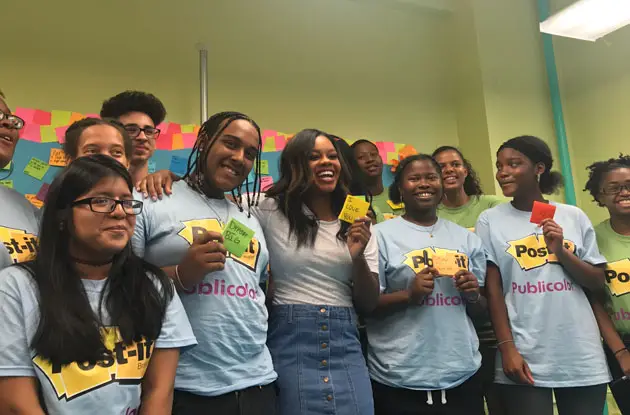Today, open adoption is almost universally accepted. Years ago that was not the case. In a personal account, one woman speaks of the shame and secrets surrounding her own adoption, and of the ties that bind—or devastate.
Never underestimate the power of secrets in a family. One of the most common reasons people justify keeping secrets is the need to “protect” someone. Secrets also originate from fear that actions within the family will be discovered and judged. Some secrets are generations old; others newly created. All have the ability to tear the fabric of the family system apart.
Healthy families don’t need to keep secrets. These people can discuss whatever goes on inside the home while also respecting the need for privacy around such issues as marital intimacy or a teenager moving towards autonomy and sharing more with his peers than with parents. No one needs to be protected; no one is fearful of anyone else. Family members are encouraged to say what’s on their mind and in their heart, and have learned how to listen to one another. Parents set ground rules, which assure all concerned that honest conversations will be safe and without reprisals. If a major roadblock does come along, individuals are comfortable to go outside the system to seek help from a teacher, therapist, trusted friend, pastor, or support group.
Skeptics may ask, “Do these ‘healthy families’ really feel safe sharing their feelings with each other? That’s not what happens in our family.” Many come from a background in which secrets flourish, and rules are unspoken but heavily enforced. They don’t feel comfortable speaking honestly about what is going on inside the family, so the old secrets continue to simmer in their psyches.
Secrets can also cause shame. If someone has or is forced to carry a secret, that person may feel he or she is bad. Others in the family who either don’t know or can’t talk about the secret are caught up in this unhealthy mix. The shame is compounded if someone tries to tell the secret to another person in the family and is met with denial, silence, or even retribution for breaking the family rules about keeping secrets.
Adoption Mores of the Past
In my family growing up, the big secret revolved around adoption and the corollaries to that of infertility and illegitimacy. This was back in the 1930s and 1940s, when most adoption professionals and the laws of the land decreed that adoptions should be closed. In the interest of protecting all parties, no information was ever to be exchanged between the members of the adoption triad: the birth mother, adoptive parents, and the adopted child.
Why was it mandated that everyone needed protection? An unmarried woman who became pregnant was looked upon as a fallen woman who could be redeemed only if she gave up her baby to a happily married couple. She must always keep her “disgrace” a secret. The baby’s background must be kept a secret because others might view him or her as having inherited flawed genes. This resulted in the adopted person’s original birth record being sealed away. An amended document was created, listing the people who adopted him as the legal parents. The adoptive parents most likely were dealing with the secret of infertility. People who couldn’t have children were considered “less than” by the rest of society. Thus each member of the adoption triangle was struggling with shame over secrets that our culture and society forced them to keep.
Lies and Revelations
When I was 5, my adoptive mother told my older sister and me that we had not come out of her tummy the way our little brother had. She added that our first parents had died in a terrible accident. When my sister wanted to know more, my mother began to cry. At that moment, my father announced that we were never to talk about adoption again. Later I learned from a cousin that those other parents hadn’t died after all. Instead my first mother had given me up. All I could think was that I must have been a bad baby. What shame I felt. It would have made a huge difference if I could have talked about my fears with my adoptive mother. Yet I remained silent, determined to be very good so this mother wouldn’t leave me.
But life has a way of getting our attention. During a mid-life crisis, the urge to find my birth mother hit me with the force of a tidal wave. My adoptive parents were threatened, terrified they would lose me to my other parents. I felt guilty about causing them pain and feared my transgressions might cause me to lose their love. Yet my need to discover the truth overrode my fear of abandonment. I persisted in my search, a 15-year process that began with fear, betrayal, and heartache and transformed into healing and joy. I was supported by unforeseen wisdom coming from within me and synchronistic happenings on the outside. By the end of my quest I had discovered my own self. When I didn’t receive what I was hoping for, I had to learn to let go of my expectations and become open to other outcomes. As a result I found new relatives who welcomed me into my birth family. At the same time, my adoptive parents and I grew closer than we had ever been because we kept talking together and becoming more authentic.
The secrets that once held such power dissolved and the truth really did set us free.
Titia Ellis, Ph.D. is a psychologist and the author of the book “The Search: A Memoir of an Adopted Woman.” For further information, visit titiaellis.com.
Looking for more on adoption? Click through for adoption resources for New York City, Long Island, and Fairfield, Westchester, and Rockland counties!



















